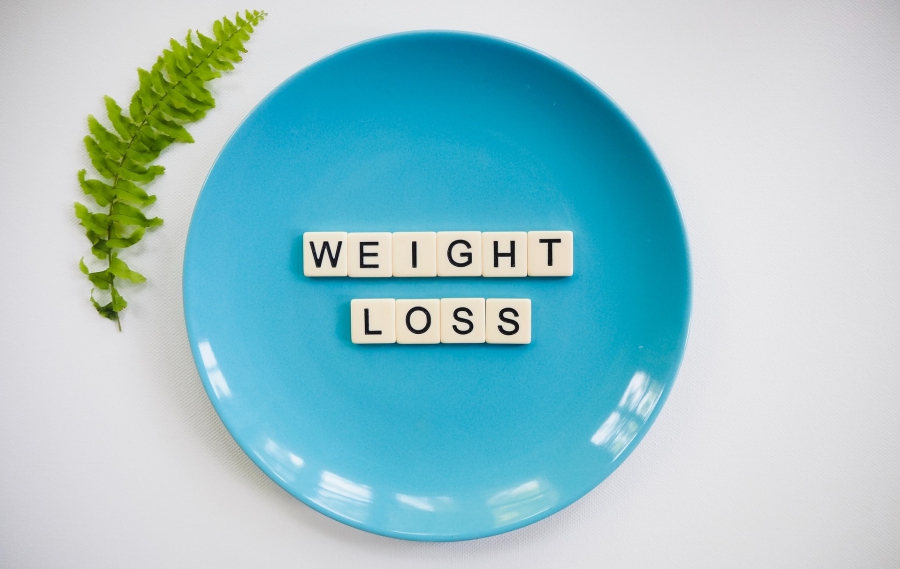INTERMITTENT FASTING: WHAT IS IT?
Learn about intermittent fasting before jumping into a random dietary plan.

Intermittent fasting, also known as intermittent energy restriction, refers to a variety of meal timing patterns that alternate between voluntary fasting (lower calorie intake) and non-fasting over a set period of time. This type of fasting has been popular with those who want to lose weight or try to start a healthy lifestyle.
A neuroscientist at Johns Hopkins University, Mark Mattson, Ph.D., has been studying intermittent fasting for more than two decades. He claims that our bodies have adapted to be able to survive without food for several hours, days, or even weeks.
Intermittent fasting can be done in a variety of methods, but they all revolve around setting regular eating and fasting times. According to Mattson, after a period of time without meals, the body's sugar stores are eroded, and it begins to burn fat. This is referred to as metabolic switching.
For example, you could try eating only for eight hours a day and fasting for the rest of the day. You may also decide to eat one meal each day, two days per week. An intermittent fasting schedule can be set up in many different ways, and you can work on it by increasing the amount of time between eating your last meal and when your body begins burning fat.
The benefits of intermittent fasting
Fasting for a specified number of hours each day or eating only one meal a couple of times a week can aid in fat loss. Furthermore, scientific data suggests certain medical benefits to intermittent fasting. For example, obesity, type 2 diabetes, heart disease, and other diseases can all be worsened by eating too many calories and exercising too little. However, intermittent fasting has been shown in scientific research to help counter these patterns.
Intermittent fasting has been proven to prevent obesity. In six small studies, obese adult individuals lost weight by doing this fasting. They said that fasting for 16 hours resulted in fat loss while retaining muscular mass in young males, and it actually helps a person gain endurance.

In addition, some studies show that this kind of fasting can improve verbal memory in adults. Also, even if you're fasting only for a short period of time, it can still help control your blood pressure, resting heart rate, and other heart-related parameters.
Another benefit of intermittent fasting is that you can also minimize tissue damage during surgery and improve outcomes. Others also use it to treat chronic illnesses, including irritable bowel syndrome, high cholesterol, or arthritis.
How to start intermittent fasting
Prior to starting intermittent fasting, make sure to see your doctor for medical advice. You can choose a daily strategy that limits daily meals to a six-to-eight-hour timeframe or pick another option that is more compatible with your body and overall health.
Fasting for longer lengths of time, such as 24, 36, 48, and 72 hours, is not always beneficial and can be harmful. Going too long without eating may cause your body to begin accumulating fat as a response to the lack of food.
According to Mattson's studies, it takes two to four weeks for the body to adjust to intermittent fasting. And the adjustment process can make you feel hungry or irritable. However, he notes that research subjects who make it through the adaptation stage are more likely to continue to the diet because they feel better.
Water and zero-calorie liquids like black coffee and tea are allowed during periods when you aren't eating. And "eating normally" during your intervals does not imply going insane. If you fill your meals with high-calorie junk food, super-sized fried foods, and desserts, you're not going to lose weight or get healthier.

Intermittent fasting, according to Johns Hopkins dietitian Christie Williams, M.S., R.D.N., enables a wide variety of foods to be consumed and savored. Whether you're trying intermittent fasting or not, she recommends the Mediterranean diet as a good model for what to consume. Complex, unprocessed carbohydrates like whole grains, leafy greens, healthy fats, and lean protein never go wrong.
Take note that intermittent fasting can have diverse impacts depending on the individual. If you have abnormal anxiety, headaches, nausea, or other symptoms after beginning intermittent fasting, please immediately consult your doctor.
#THE S MEDIA #Media Milenial #Intermittent Fasting #Obesity #Fat Loss #Studies #Benefits #Heart #Doctor #Fasting #Diet #Food


























